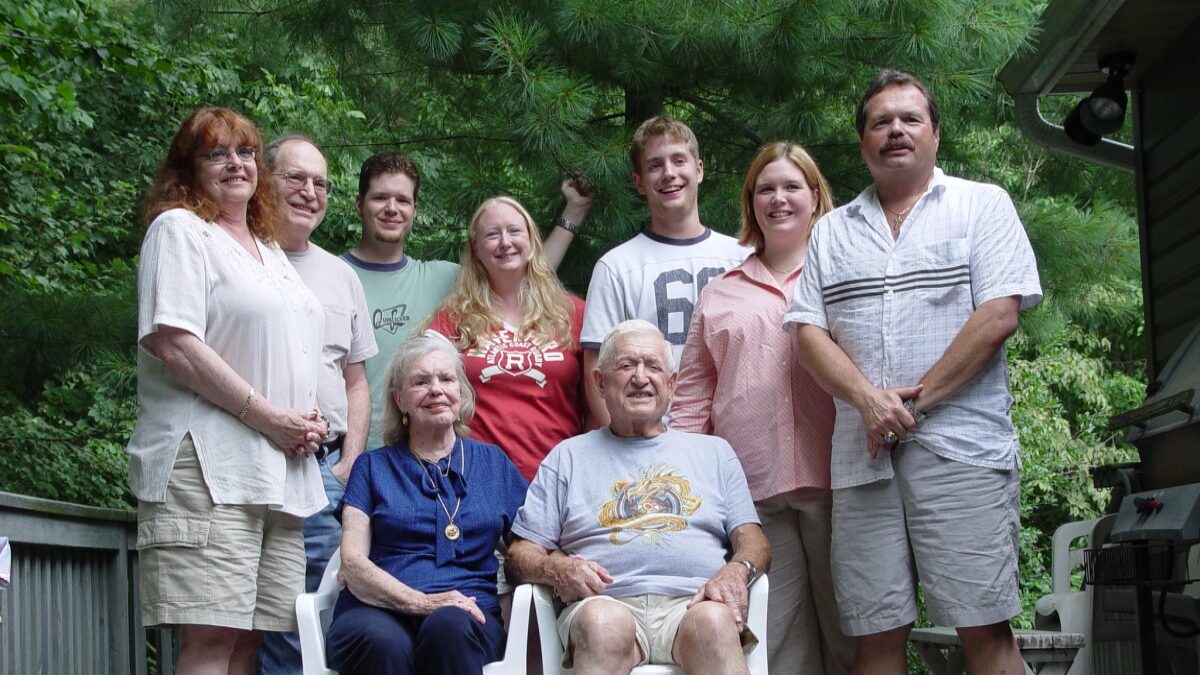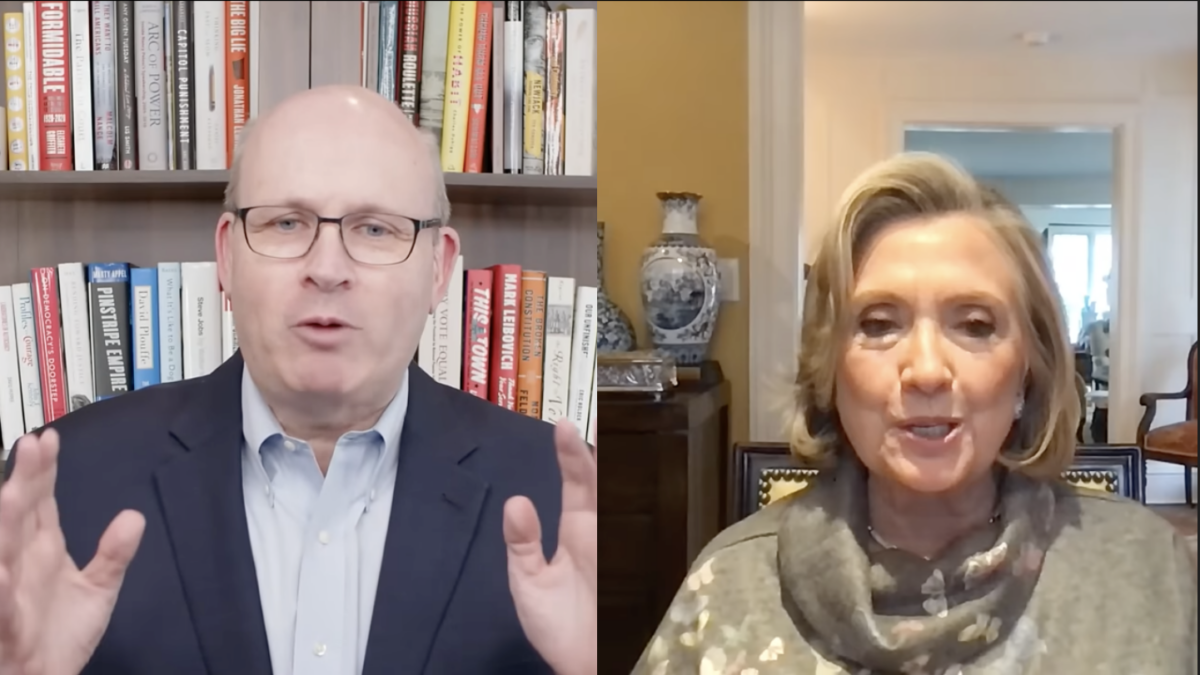
In 1986, Sen. Patrick Moynihan of New York said, “The institution of the family is decisive in determining not only if a person has the capacity to love another individual but in the larger social sense whether he is capable of loving his fellow men collectively. The whole of society rests on this foundation for stability, understanding, and social peace.”
Moynihan was aware of the foundational need for Americans to have strong families, and the social consequences if it did not. In the mid-1960s, he had penned a report on the crumbling institution of the family. While his report focused on the sobering state of the African American family, many of the trendlines he saw then have now extended to families of every race.
One of the most disturbing trends that has emerged over the past decade is an alarming drop in church attendance and religious faith. That has ominous ramifications for the future of American families and society as a whole, as shrinking families, along with diminishing faith, lead to more social discord.
The 1960s were a tipping point for American culture. It was the decade when faith started to be questioned, the family as the fundamental unit of society came under attack, and population doomsayers like the late Paul Ehrlich spread a message that the world just had too many babies and people needed to stop procreating to save the planet. Religious Americans were seen as the main culprit because they were more likely to have large families. Therefore, faith was discouraged because of the “harm” it would cause to the earth.
Sixty years later, a new generation of doomsayers are saying that people need to limit themselves to one child or less to end “climate change.” Like those in the 1960s, they often blame people of faith who aren’t willing to sacrifice having children for what leftists believe is the sake of the planet.
Without faith, a selfless society becomes a selfish society. Since successfully raising children requires deep selflessness, societies start to see the ramifications of turning away from God on not just children, but also on our nation’s demographic future.
The practical result of deep faith in a nation results in confidence in the future, and confidence in the future results in the desire to have children. With faith diminished, the fabric that makes a healthy family becomes tattered, and people start to have fewer children for countless secular reasons.
For instance, a new report shows the American birthrate is the lowest it has been in four decades, dropping an alarming 4 percent in the last year alone. The fertility rate is the lowest it has been since the 1930s.
While this is not a new phenomenon, much of these declines are the result of the paradigm shift of the 1960s, which led to legalized abortion (and the deaths of more than 60 million children) and other scientific and social forces designed to limit the number of children in society, such as advances in birth control and both parents working outside of the home, in many cases because of economic necessity, not a personal choice.
Perhaps the biggest factor is faith, with less than 50 percent of Americans identifying themselves with any sort of faith. It is not a coincidence that the drop in the birthrate has coincided with the falloff in religious faith. Why? Because religion has always resulted in larger families, as faith communities see children as a blessing, instead of an inconvenience to achieving one’s “self-fulfillment” — a fulfillment that used to come from God and not man.
Religious Americans also value children because they know that every life is created Imago Dei — in the image of God and worthy of dignity and respect. It is not a blob of tissue, or a personal vanity project, or something to be neglected because it might get into the way of personal wants. All children are a gift from God, not an inconvenience.
Faith communities also do more than just provide large quantities of children. They also provide the proper environment for nurturing a child so they can reach their full God-given potential.
The faithful are more likely to make personal sacrifices to provide the best environment for their children, whether that be living on one income or homeschooling their children. Without faith, and the personal sacrifices that are required with that faith, children become more of a take-it-or-leave-it commodity. Sadly, many children hear that message loud and clear.
There are also practical and negative ramifications for society when faith is diminished and families shrivel up or become non-existent. Diminished faith and its impact on demographics and family stability results in twin tragedies.
First, fewer children result in fewer young people contributing financially to entitlements such as Social Security, Medicare, and Obamacare, thus adding to our ever-ballooning national debt and more people on the short end of the economic rope. Second, children who are born are less likely to have the stability of a faith-based, two-parent home, as well as what they receive in a faith community, and will suffer negative consequences that numerous studies have documented.
Without a restoration of faith and the values that come with faith, I fear we will continue in a societal spiral that will lead to more poverty, more dependence on government, and more alienated youth. But with a restoration of faith, we will see more children who will be better citizens and contributors to society, as families are strengthened through the common bond that only faith can bring.
Let’s pray for an American regeneration of strong marriages, strong families, and a fertility rate on the upswing, rooted in a national renewal of faith in God.









